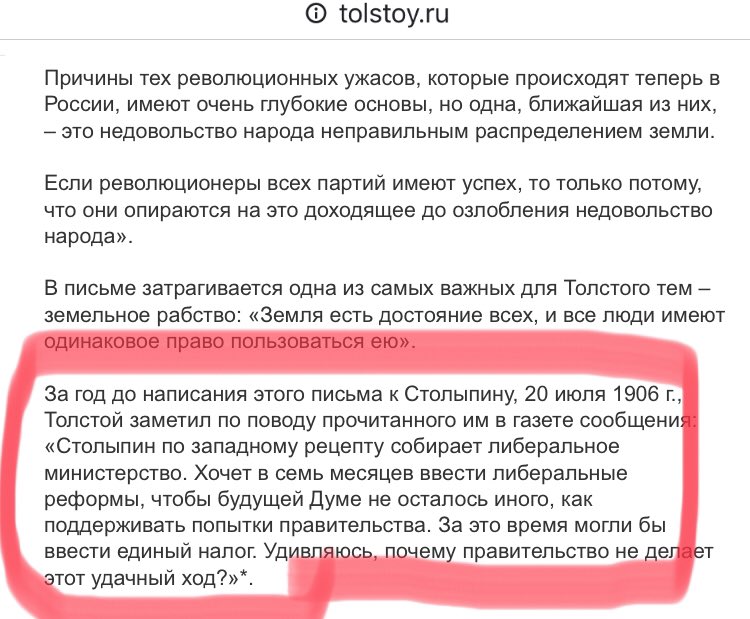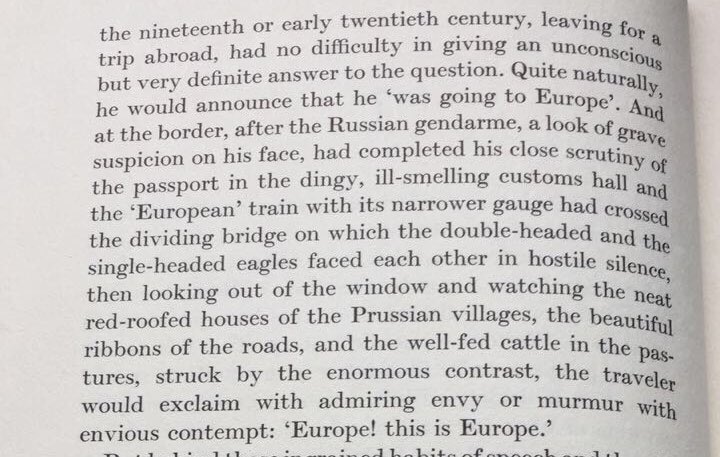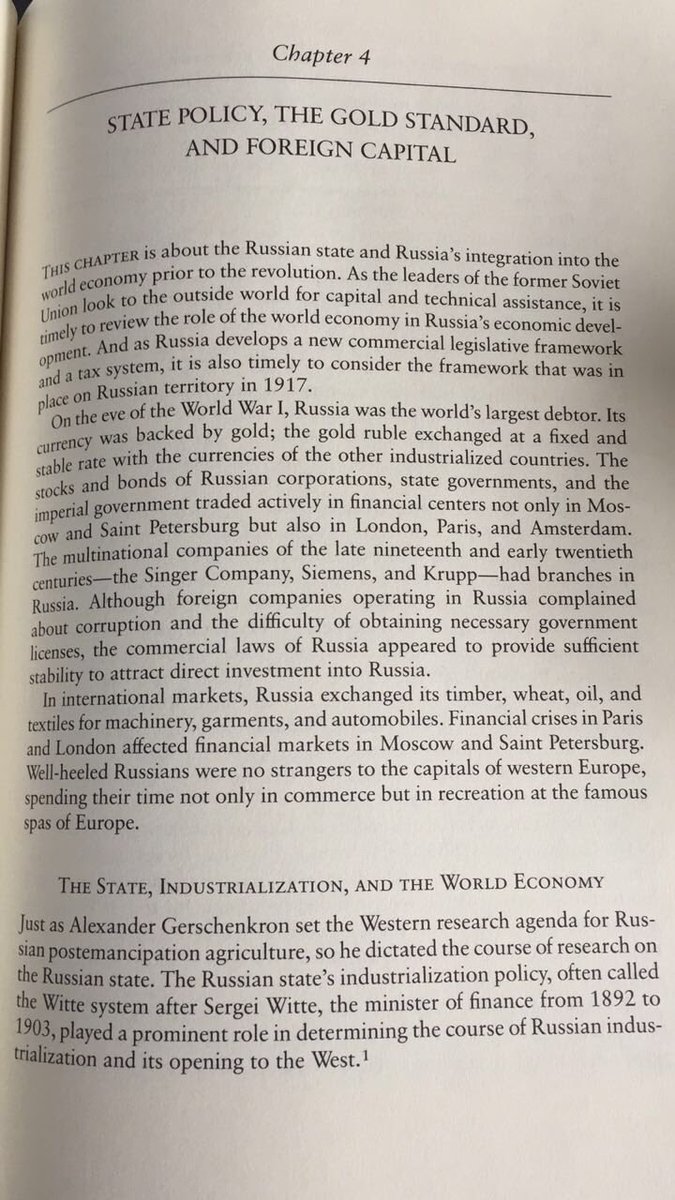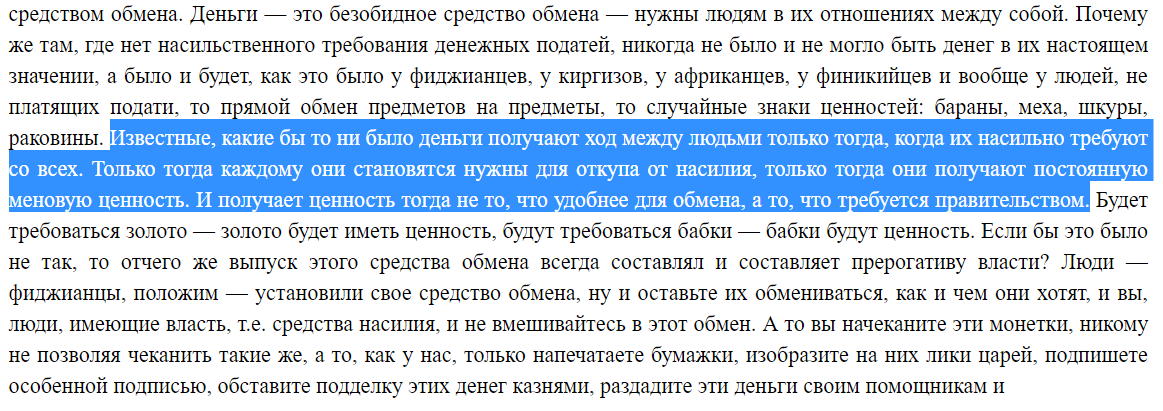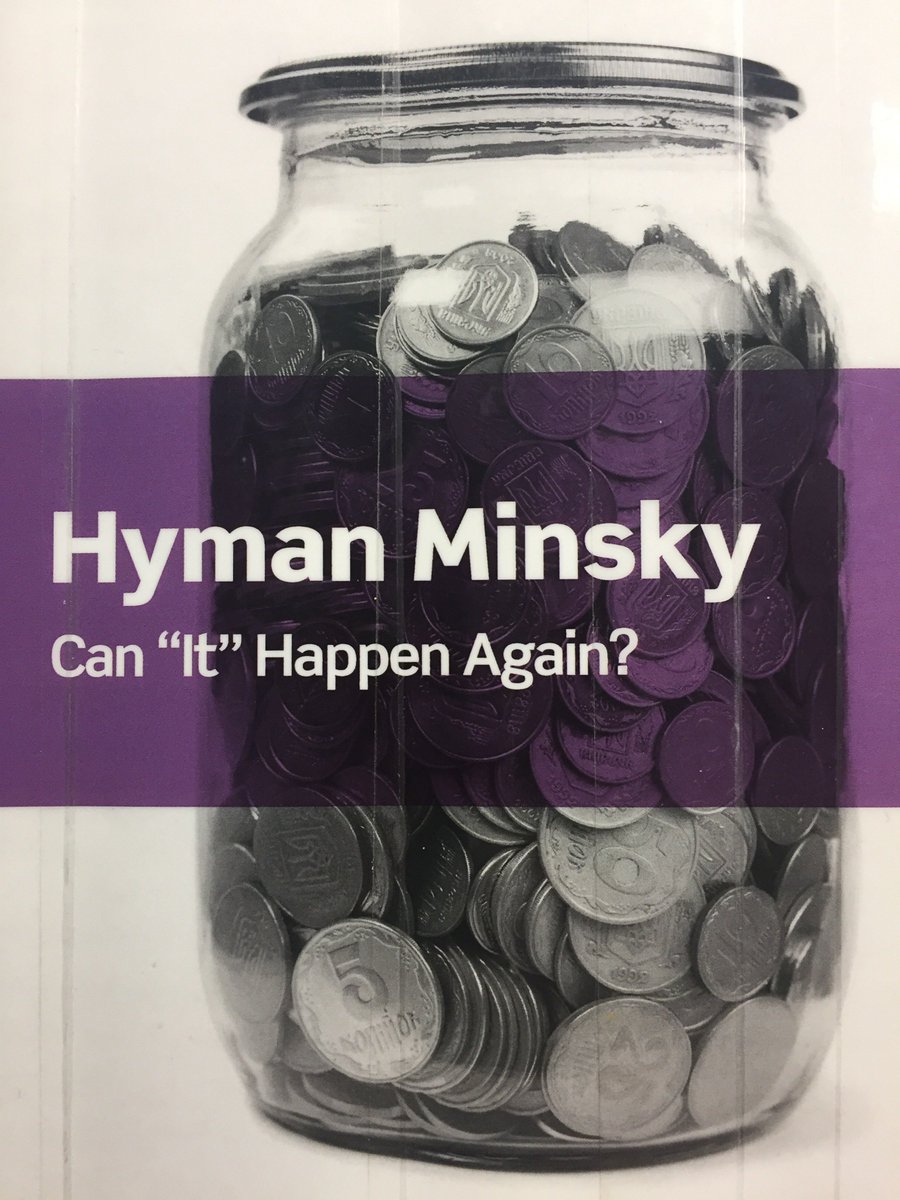Sanctions are rather weak — direct action what is needed to support Ukraine against destructive Russia
https://twitter.com/samramani2/status/1497162914586898475
This thread 🧵 is illustrate my claim 👇
In the spring 2018, when the West put additional layer of sanction on Russia, I wrote a letter to the editors of @FT. It’s short alexvalchyshen.medium.com/letter-to-the-…
1/
In the spring 2018, when the West put additional layer of sanction on Russia, I wrote a letter to the editors of @FT. It’s short alexvalchyshen.medium.com/letter-to-the-…
1/
Now and back then, the logic of sanctions is they do work. What I have been trying to argue is theory behind sanctions is standard one. In that theory high finance is unquestioned and access to it treasured. An economy cannot exist without it. What if it’s weak theory?
2/
2/

Price fluctuations in the FX, stock and bond markets do affect some economies—that too much rely on standard econ theory—but not very much those that build their economic model around own money unit of account. 2014- sanctions on Russia assumed the int’l finance status quo.
3/
3/

Purim’s return to presidency in 2012 did bring, as Ukraine experienced first hand, a sharp departure from the past path. Well Kremlin rhetorics have been steady for a long time now. My argument in this FT editors letter was Kremlin did a shift in econ model! 4/ 

That shift is kind of own survival of the Kremlin people. Btw, these ppl were quite unpopular among the Russian folks already in 2012 and they were figuring out what is the way out. Ukraine appeared a useful tool, a distraction for that purpose and sadly it is still.
5/
5/
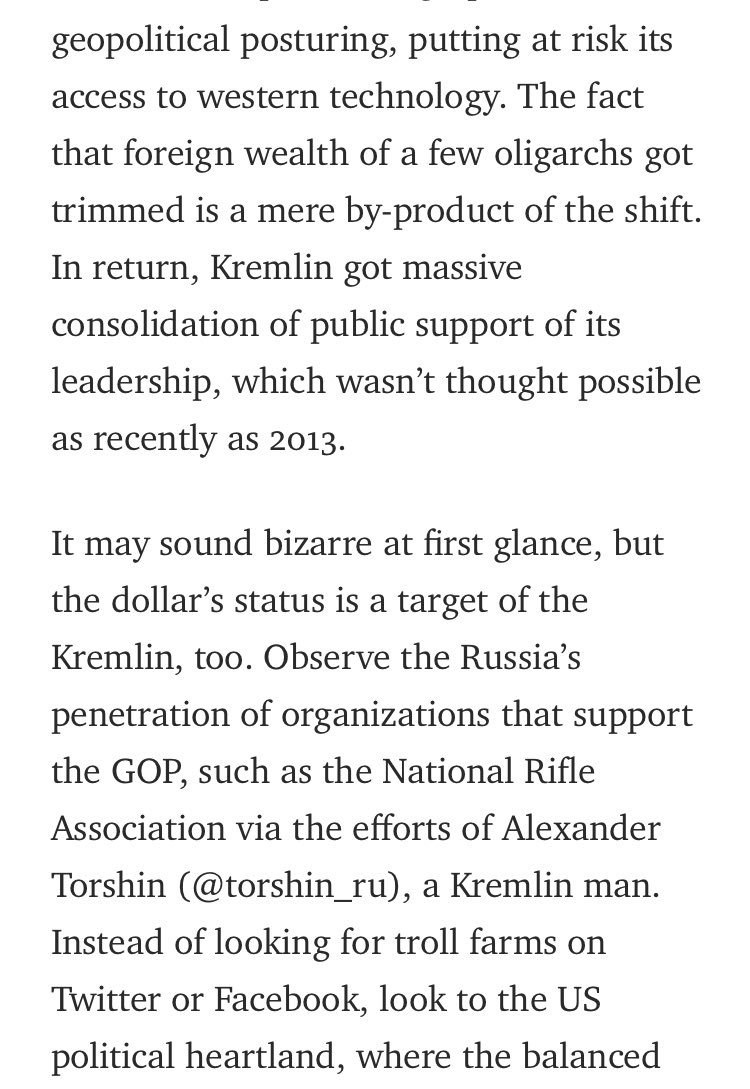
*Putin’s return…
Narratives such as “Ukraine and NATO” etc were welcomed by Kremlin as they served their purpose. Instability in the “near abroad” where, as Kremlin media say Ukraine, is situated — has been a perfect stimulator of domestic opinion shaping exercise.
6/
6/
According to the sanctions logic the future is within established boundaries of thinking. What if Russia’s logic is beyond the boundaries of the spectrum of opinions?
I tend to think along the lines that “Ukraine-NATO/EU-crisis” is a distraction. A bigger battle is ahead.
/END
I tend to think along the lines that “Ukraine-NATO/EU-crisis” is a distraction. A bigger battle is ahead.
/END

• • •
Missing some Tweet in this thread? You can try to
force a refresh


